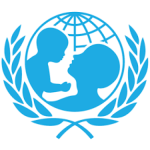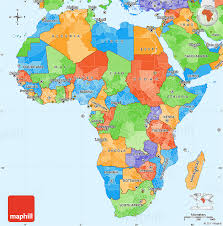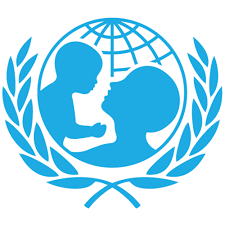Breastfeeding is often described as a child’s first vaccine, a natural, cost-effective way to ensure survival, good health, and proper development. For mothers, it offers physical and emotional benefits, including faster postpartum recovery and reduced risk of certain cancers.
In Nigeria, where millions of children face the threat of malnutrition and preventable disease, breastfeeding is not just a personal choice but a necessity. Exclusive breastfeeding rates in Nigeria have historically been alarmingly low. According to UNICEF and the World Health Organization, just 17% of infants were exclusively breastfed in the early 2000s.
Many mothers introduce water, herbal mixtures, or infant formula within weeks of childbirth, practices that compromise infant nutrition and health. This trend was fueled by a combination of inadequate health education, cultural misconceptions, and weak support systems.
Exclusive breastfeeding for the first six months was rarely maintained. Workplaces lacked maternity-friendly policies, and myths about “not having enough milk” or breast milk being insufficient were widespread.
Recognizing the importance of breastfeeding, the World Health Assembly in 2018 endorsed the annual celebration of World Breastfeeding Week from August 1st to 7th as a global strategy to promote awareness and action.
In recent years, Nigeria has seen gradual improvement, driven by awareness campaigns, public health education, and strategic partnerships between government agencies and international organizations. The exclusive breastfeeding rate rose to about 29% by 2021, according to the National Demographic and Health Survey (NDHS). Still, progress remains insufficient. The current figure falls short of the WHO global target of at least 50% this year.
In underserved rural communities, access to breastfeeding knowledge remains limited. Meanwhile, urban working mothers face the challenge of balancing breastfeeding with rigid work schedules and inadequate maternity leave, especially for those in the private sector.
Another concern is the high rate of early cessation, where mothers begin breastfeeding but stop before six months due to fatigue, economic pressure, or social discouragement. The absence of supportive breastfeeding spaces in public and professional environments continues to hinder many Nigerian women.
To protect and promote breastfeeding, a multi-sectoral approach is urgently needed. The health of the next generation depends on it. Policy reform is crucial. The federal government must enforce six months of paid maternity leave, relevant government authorities must regulate the marketing of infant formula, and workplace environments must support breastfeeding.
It is imperative for healthcare systems to prioritise counselling. Frontline health workers must be equipped and continuously trained to support mothers from pregnancy through infancy.
Breastfeeding-friendly workspaces are essential. Employers should establish lactation rooms and embrace flexible schedules. These measures not only support mothers but also improve morale, reduce absenteeism, and enhance staff retention.
Media and influencers have a vital role in advancing this cause. By promoting accurate information, challenging harmful myths, and helping to normalise breastfeeding in all settings, they can significantly influence attitudes and foster a more supportive culture for mothers and babies. both private and public spaces.








